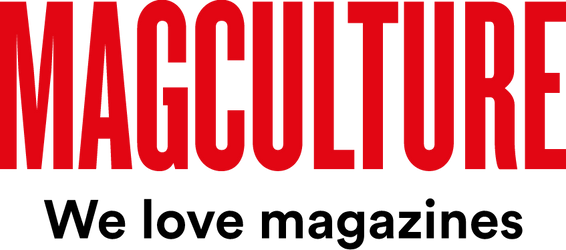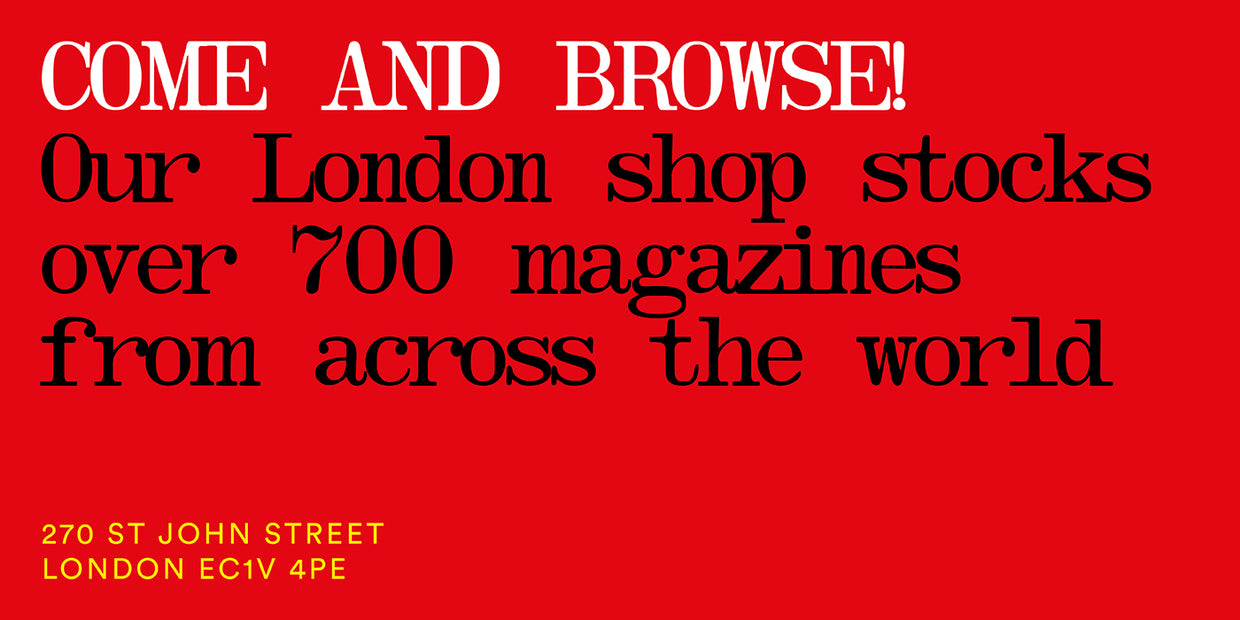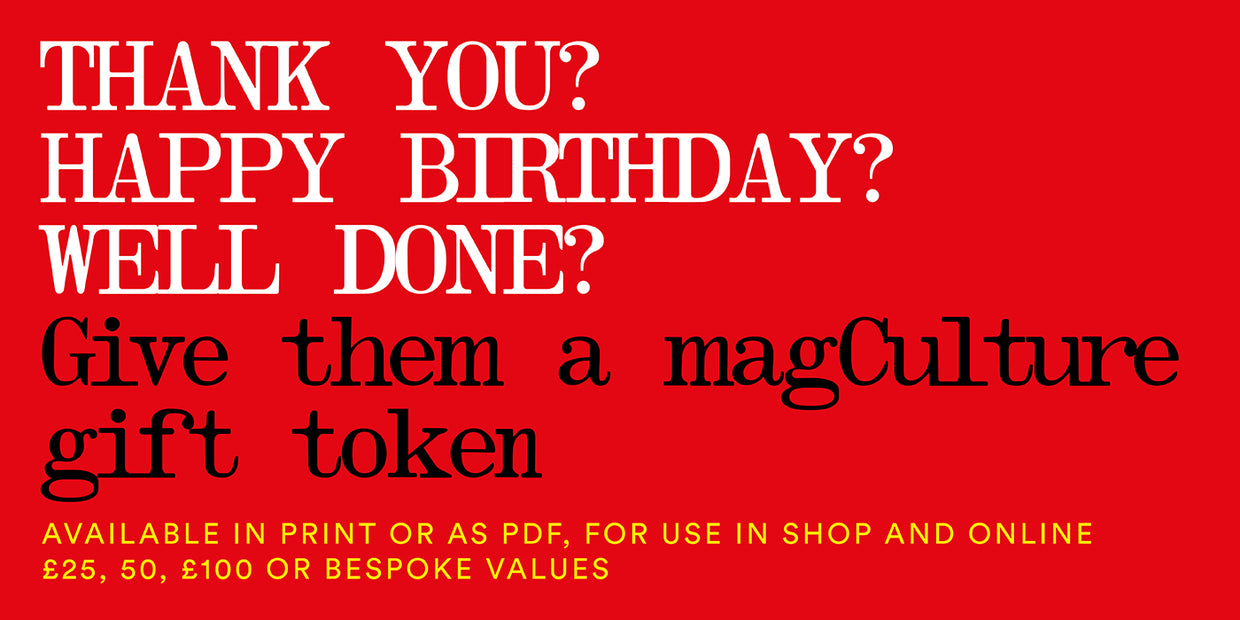
W’ahu #1
For the last title in our Pride series, we’re thumbing through the pages of a brand new mag, and one that’s particularly welcome on our shelves at that.
New release W’ahu is the first magazine we’ve had from Ghana and one of just a handful of titles we’ve ever received from the African continent (note: we want more).
Born of the Ghanaian capital Accra, W’ahu exists for both those living and loving in Ghana, as well as international readers to which it offers a snapshot of the ‘unwavering creativity’ coming out of the nation’s ‘glamorous and resilient group.’ Of course, this phrasing was not chosen lightly; it’s a true and necessary placeholder ‘for the sake of keeping everyone out of trouble’. As W’ahu’s editors explain:
‘Even within Ghanaian society today, there are many groups who express themselves authentically that are not truly seen for who they are, and are discriminated against as a result. ... What we’re interested in is how the community views themselves through their own eyes when given a platform to do so. What do they want to say—and how do they want to be seen?’
Let’s not overlook the fact that W’ahu reaches us only months after Ghana passed a bill which would make it illegal to identify as LGBTQI+. Not only would this bill ‘impose a prison sentence of up to three years for anyone convicted of identifying as LGBTQ+’, it also ‘imposes a maximum five-year jail term for forming or funding LGBTQ+ groups’*. All the while, W’ahu is full of life, creativity, and the palpable energy of those working to uplift the very communities such bills (if signed into law) would seek to silence.

Physically then, the magazine is slim with a bold blue cover (pictured) hidden by a second, thin cardboard cover with an eye-shaped cut-out revealing only the title logo, a nod to the the rough translation of the Akan-language phrase w’ahu: ‘Have you seen?’ The rich blue of the cover runs like a vein throughout the magazine’s matt pages (below), with glossy paper reserved for its vibrant visuals composed of photography, collage, illustration, and photo essays.


Inside this first issue, you’ll find a fashion shoot between friends in the cliff-top village of Akuma (above); surreal and disembodied collage as a means of ‘pushing back against traditional representations of black femininity’ by Efia Serwah (below); an exploration of pre-colonial language and its relationship to identity; conversations with queer Ghanaian elders; and submissions from the local community on love, sex, and identity.

There’s also an in-depth interview with this issue’s contributing editors and local collective Drama Queens, which explores the ways in which political theatre help to shift the narrative around LGBTQI+ people in Ghana by working directly with its queer youth (below). And, if you’re looking to understand a little more about the current situation for LGBTQI+ people in the country (and crucially, the clear historical links with British colonialism), I’d recommend turning straight to Boohemaa’s essay ‘Lost for words’ on page 31. It’s a great grounding for the rest of the issue.

In short, W’ahu is a particularly important addition to our growing collection of queer magazines and one that will leave you with just a taste of what Ghana’s queer community has to offer.
Throughout this Pride series we’ve explored queer magazines from the Netherlands (No One), the UK (HÄN), the US (Gayletter) and now Ghana in W’ahu. Though each are important in sharing the diverse experiences of queer people around the world, titles like W’ahu emphasise the crucial role independent magazines, zines, and pamphlets can play in sharing queer voices and experiences. Pride, after all, was a protest and what better way to preserve those histories than to print them.
With that, we conclude our Pride series for this year but something tells me there’ll be more queer magazines appearing on our shelves as 2024 rolls on. There’s something in the air at the moment, not just in the magazine world, but out in the wider world too.
People, it’s giving queer renaissance.
Editors Colin Keays, Federico Martelli, Efia Serwah, Abraham Tettey


